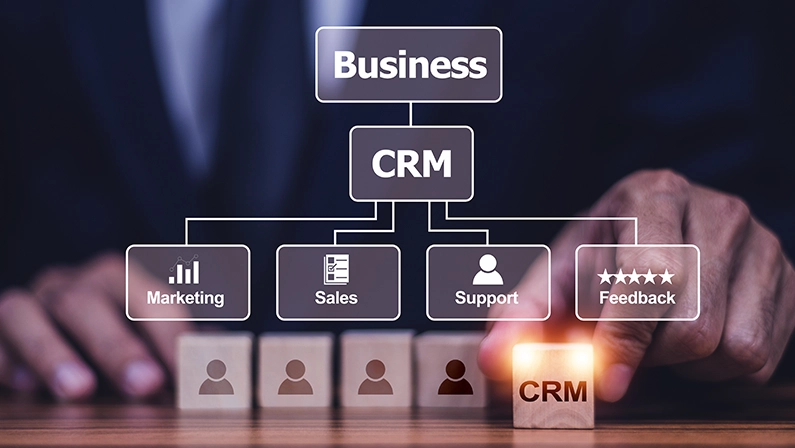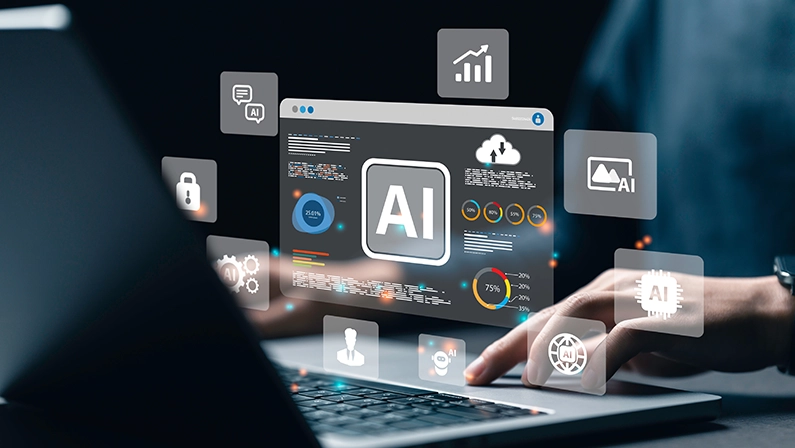The evolution of customer relationship management (CRM) has been significantly shaped by the advent of predictive AI. As businesses strive to understand their customers better and anticipate their needs, predictive AI has emerged as a transformative tool in the CRM landscape. By leveraging data-driven insights, predictive AI empowers businesses to deliver personalized experiences, optimize sales strategies, and enhance customer retention.
In an era where customer expectations are at an all-time high, integrating predictive AI into CRM systems is necessary. This technology enables businesses to stay ahead of the curve, making informed decisions that drive growth and foster long-term relationships with customers. In this article, we will discuss how predictive AI is reshaping CRM and the benefits it brings to various aspects of customer management.
What is predictive AI and how does it relate to CRM?

Predictive AI is a branch of artificial intelligence that uses historical data to predict future outcomes. In the context of CRM, predictive AI analyzes customer data to forecast behaviors, preferences, and potential actions. By doing so, it allows businesses to proactively engage with customers, offering solutions and products that align with their needs and desires.
The integration of predictive AI into CRM systems transforms how businesses interact with their customers. It enables more accurate targeting, personalized communication, and improved decision-making, all of which contribute to a more effective and efficient CRM strategy.
How does predictive AI transform or benefit CRM platforms?
Predictive AI is fundamentally transforming customer relationship management (CRM) by empowering businesses with the ability to anticipate customer needs, streamline processes, and foster more meaningful interactions.
The key benefits of predictive AI in CRM include:
1. Enhances customer segmentation
Predictive AI analyzes customer data to identify patterns and trends, allowing businesses to create highly targeted customer segments. This ensures that marketing efforts are more precise, leading to higher engagement rates and more effective campaigns.
2. Personalizes customer interactions
By predicting individual customer preferences and behaviors, predictive AI enables businesses to tailor their communication and offers. This level of personalization not only improves customer experience but also strengthens relationships and increases the likelihood of repeat business.
3. Improves customer retention
Predictive AI helps businesses identify customers who are at risk of leaving by analyzing their engagement patterns and feedback. By taking proactive measures, such as personalized offers or support, businesses can enhance customer satisfaction and reduce churn, leading to higher retention rates.
By leveraging vast amounts of data and advanced algorithms, predictive AI provides businesses with deeper insights into customer behaviors and preferences. This allows for more proactive and strategic decision-making, leading to enhanced customer satisfaction and loyalty.
What role does predictive AI play in sales forecasting?

Predictive AI plays a pivotal role in sales forecasting by providing accurate predictions based on historical sales data and current market trends. Through these capabilities, predictive AI helps businesses make informed decisions about inventory, staffing, and marketing strategies, ultimately leading to more accurate and reliable sales forecasts.
Historical Data Analysis
Predictive AI analyzes past sales data to identify patterns and trends that are likely to repeat.
Market Trend Monitoring
It continuously monitors market conditions to adjust predictions accordingly.
Customer Behavior Forecasting
By predicting customer behavior, AI can anticipate demand and suggest optimal stock levels.
Risk Assessment
It evaluates potential risks, such as market downturns, and incorporates them into sales forecasts.
What are the benefits of predictive AI in lead scoring?

Lead scoring is a crucial process in CRM, and predictive AI brings several benefits to this area. When lead scoring is refined, predictive AI enables businesses to allocate resources more efficiently and close deals faster.
Data-Driven Scoring
Predictive AI analyzes historical data to score leads based on their likelihood to convert.
Real-Time Updates
Lead scores are updated in real-time based on new information, ensuring accuracy.
Prioritization
It helps prioritize leads by identifying those most likely to convert, enabling sales teams to focus on high-potential opportunities.
Increased Conversion Rates
With accurate lead scoring, businesses can target their efforts more effectively, leading to higher conversion rates.
What are the challenges of implementing predictive AI in CRM?
Implementing predictive AI in CRM comes with its own set of challenges. Addressing these challenges requires careful planning, investment in quality data, and a clear understanding of AI’s ethical implications.
Data Quality
The accuracy of predictive AI depends heavily on the quality of the data it analyzes.
Integration Complexity
Integrating AI into existing CRM systems can be complex and require significant technical expertise.
Cost
The initial investment in AI technology and training can be high.
Ethical Concerns
There are concerns about data privacy and the ethical use of AI in decision-making.
How do predictive AI models learn and improve over time?
Predictive AI models learn and improve through a process known as machine learning.
Here’s how it works:
- Data Collection: AI continuously collects new data from various sources.
- Model Training: The model is trained on this data to recognize patterns and make predictions.
- Feedback Loop: Predictions are compared to actual outcomes, and the model is adjusted accordingly.
- Continuous Improvement: Over time, the model becomes more accurate as it learns from new data and experiences.
This ability to learn and adapt makes predictive AI a powerful tool for CRM, as it becomes increasingly effective in predicting customer behaviors and needs.
What are the long-term impacts of predictive AI on CRM strategies?
The long-term impacts of predictive AI on CRM strategies are profound. As predictive AI continues to evolve, it will play an increasingly central role in shaping CRM strategies and driving business success.
Increased Efficiency
AI automates many CRM processes, freeing up time for more strategic tasks.
Enhanced Customer Relationships
Personalized interactions and proactive engagement lead to stronger customer relationships.
Data-Driven Decision Making
Businesses can make more informed decisions based on accurate predictions.
Competitive Advantage
Companies that leverage predictive AI gain a significant edge over competitors who don’t.
How do you choose the right predictive AI tools for your CRM?
Choosing the right predictive AI tools for your CRM involves several steps. Carefully selecting the right AI tools can maximize the benefits of predictive AI in the business’ CRM systems.
1. Assess Needs
Determine what specific CRM challenges you want AI to address.
2. Evaluate Options
Research and compare different AI tools that offer the features you need.
3. Consider Integration
Ensure the tool can be seamlessly integrated with your existing CRM system. Leapify CRM has seamlessly integrated predictive AI into its platform, offering businesses a powerful tool to enhance their customer relationship management strategies.
4. Test and Evaluate
Pilot the tool with a small segment of your data to evaluate its effectiveness.
5. Support and Training
Choose a tool with strong customer support and training resources.
The Future of CRM with Predictive AI
Predictive AI is revolutionizing CRM by enabling businesses to better understand, predict, and respond to customer needs. From enhanced customer segmentation and sales forecasting to personalized interactions and improved customer retention, predictive AI offers a range of benefits that can transform how businesses manage customer relationships. However, it’s essential to address the challenges and choose the right tools to fully harness its potential.
For businesses looking to stay competitive, embracing Predictive AI CRM is a crucial step. Leapify CRM offers the tools and expertise needed to integrate predictive AI into your CRM strategy, ensuring long-term success in a rapidly evolving market. Contact them today!






